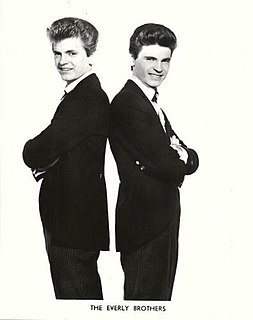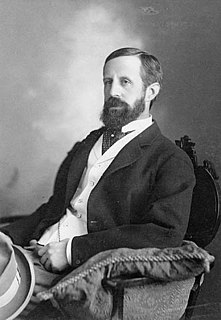A Quote by Suzanne Collins
If I took the 40 years of my dad talking to me about war and battles and taking me to battlefields and distilled it down into one question, it would probably be the idea of the necessary or unnecessary war.
Related Quotes
Dad wouldn't let me fool with his guitar much, because I'm left-handed, and I'd pick it up upside down. But I remember learning to sing 'Paper Doll,' the Mills Brothers song - this was during the war - and I remember my dad taking me down to one of those little record booths where you could make spoken letters to send home.
In my head, thought, I would love to do an interview where it's just sort of de-constructed - the talking points of Iraq - sort of the idea of, is this really the conversation we're having about this war? That if we don't defeat Al Qaeda in Iraq, they'll follow us home? That to support the troops means not to question that the surge could work. That, what we're really seeing in Iraq is not a terrible war, but in fact, just the media's portrayal of it.
"What war?" said the Prime Minister sharply. "No one has said anything to me about a war. I really think I should have been told. I'll be damned," he said defiantly, "if they shall have a war without consulting me. What's a cabinet for, if there's not more mutual confidence than that? What do they want a war for anyway?"
The cause of the great War of the Rebellion against the United States will have to be attributed to slavery. For some years before the war began it was a trite saying among some politicians that "A state half slave and half free cannot exist." All must become slave or all free, or the state will go down. I took no part myself in any such view of the case at the time, but since the war is over, reviewing the whole question, I have come to the conclusion that the saying is quite true.
One of the reasons it's important for me to write about war is I really think that the concept of war, the specifics of war, the nature of war, the ethical ambiguities of war, are introduced too late to children. I think they can hear them, understand them, know about them, at a much younger age without being scared to death by the stories.
I would say the special experience of American wartime policy in the last 40 years, from Vietnam on, is that the war itself became controversial in the country and that the most important thing we need in the current situation is, whatever disagreements there may be on tactics, that the legitimacy of the war itself does not become a subject of controversy. We have to start with the assumption, obviously, that whatever administration is conducting a war wants to end it.
Possibly my hatred of war blinds me so that I cannot comprehend the arguments they adduce. But, in my opinion, there is no such thing as a preventive war. Although this suggestion is repeatedly made, none has yet explained how war prevents war. Worse than this, no one has been able to explain away the fact that war creates the conditions that beget war.





































